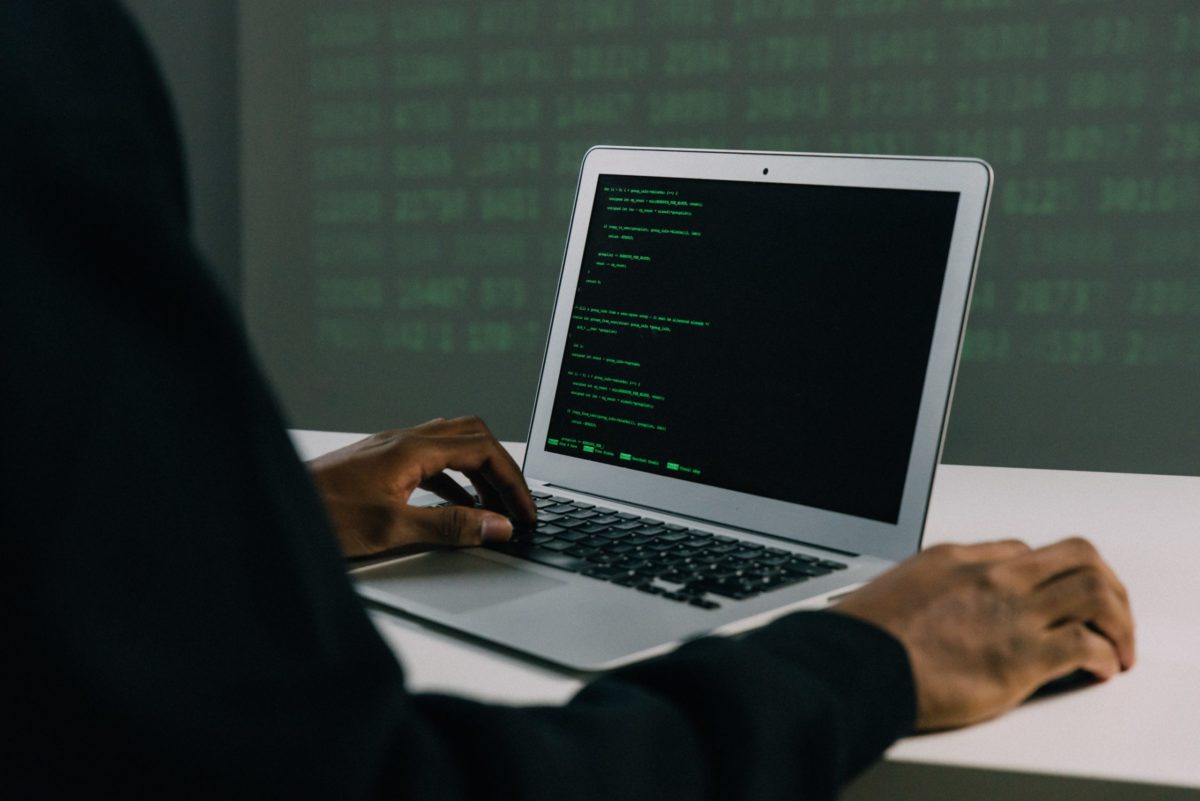Zoombombing. Cryptomining. Malvertising. The pandemic led to a surge in remote work — and along with it, a surge in the need for better cybersecurity for individuals and companies alike. Just a few startling figures to illustrate the need: As last month, the U.S. Department of Health and Human Services Office of Civil Rights’ Breach Portal noted 834 open investigations in healthcare data breaches over the past two years, impacting about 55,950,159 individuals across the United States.
Ahead of Cybersecurity Awareness Month, which starts today, cyber pro David Lipscomb shared tips on how to practice better cybersecurity — aka data care — during a recent Technical.ly Slack AMA on his career journey. Lipscomb builds and implements information security management systems to keep out what he calls the “bad actors” attempting to hijack company networks.
Lipscomb explained that educating people about digital hygiene can go a long way in bringing effective digital security. What are some simple ways to keep networks secure? He offered these directives:
- Change the name of your default home network.
- Set a strong and unique password to secure your wireless network.
- Increase your Wi-Fi security by activating network encryption.
- Turn off the wireless home network when you’re not at home.
- Keep your router’s software up to date.
- Enhance protection for the devices most frequently connected to your home network.
Lipscomb also emphasized the importance of protection against phishing. That’s a cybercrime in which a target or targets are contacted by email, telephone or text message by someone posing as a legitimate institution to lure individuals into providing sensitive data such as personally identifiable information, banking and credit card details, and passwords.
Accordingly, data management pro Eugene Desyatnik also recommends “pausing and verifying,” as he told Technical.ly in August. Human error has been the cause of too many notorious data breaches, including some locally. Remember the cyberattack that neutralized SEPTA data operations last August? Or the Philabundance attacker who stole $1 million from the food bank via a fraudulent invoice?
If someone is requesting your personal or business passwords or other sensitive information, Desyatnik said, take some extra time to authenticate their request.







